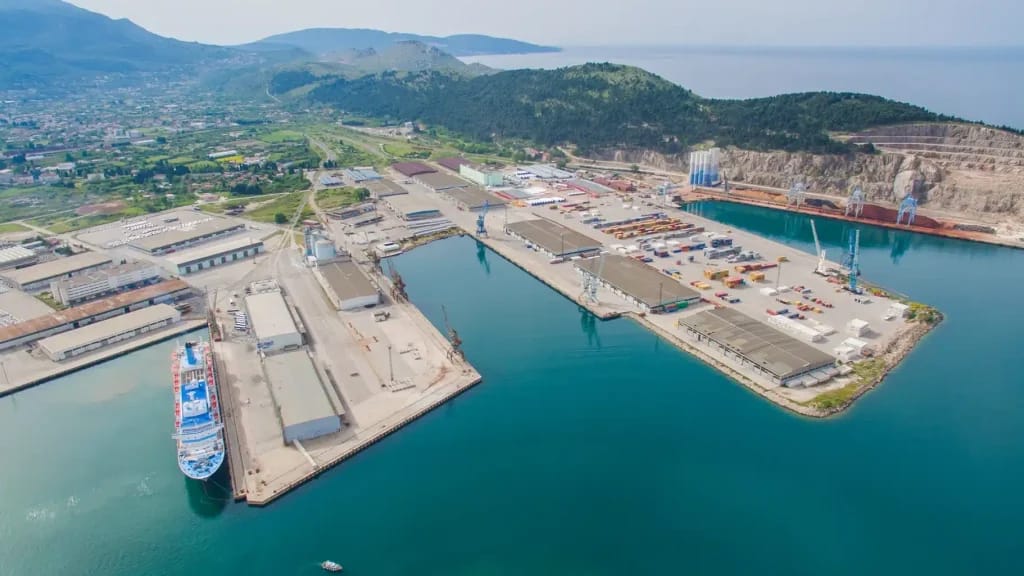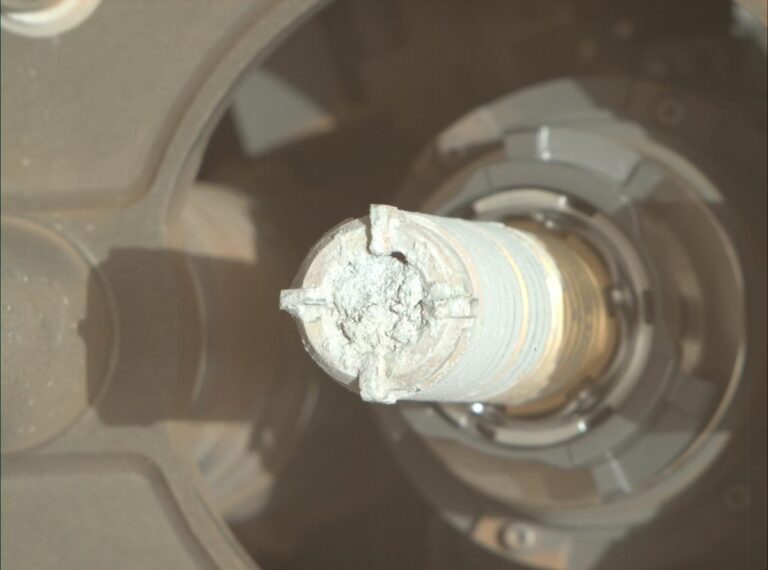A recent incident involving lead poisoning among workers at the Port of Adria in Bar, Montenegro, has raised serious concerns about the country’s inadequate health protection system. Following the revelation that 58 out of 63 tested employees had elevated lead levels in their blood, labor unions are calling for urgent reforms to safeguard worker health.
Troubling Findings and Ongoing Investigations
The alarming health issues surfaced when the company began testing employees for lead exposure, with six workers exhibiting the highest levels now receiving care at the Institute of Occupational Medicine in Belgrade, Serbia. Zoran Martinovic, president of the Port of Adria workers’ union, reported that these workers are in stable condition and awaiting further analysis.
In light of these events, some affected workers have filed a criminal complaint against unidentified individuals, seeking accountability for the health crisis. “After the media reported on the poisoning, I received a call from the Bar prosecutor’s office, which has launched an investigation,” Martinovic stated. “We don’t even know who is responsible for this.”
Lack of Preparedness and Resources
Martinovic emphasized that lead testing was not previously available in Montenegro, which delayed the detection of the poisoning. The initial cases were discovered three weeks ago, but workers were left without guidance on how to proceed. “Colleagues who went to their chosen doctor did not know what to do next,” he explained.
It was only after media coverage that the severely affected workers were referred for treatment abroad, highlighting a significant failure in the health system. Martinovic criticized the lack of specialized medical professionals in Montenegro capable of diagnosing and treating occupational diseases linked to metal exposure.
Changes in Operations
Following the poisoning revelations, the Port of Adria has modified its operational procedures. Container handling is no longer conducted in open areas, and the affected tasks are currently being managed by workers from another company. Martinovic raised concerns about accountability, questioning how contamination occurred if workers had no direct contact with the hazardous materials.
Call for Systemic Reforms
Ivana Mihajlovic of the Free Trade Union stressed that the poisonings underscore the need for a comprehensive legal framework to protect worker health. She called on the government to expedite the establishment of an occupational medicine institution that can properly diagnose and manage occupational diseases.
“We have raised these issues before, and we once again appeal to the authorities for urgent action,” Mihajlovic stated.
Environmental Concerns
In addition to lead exposure, the Environmental Protection Agency of Montenegro recently warned residents in Bar to avoid the port area due to elevated arsenic levels, which significantly exceed legal limits. The Port of Adria, majority-owned by the Turkish firm Global Ports, has stated that employee health is a priority and has initiated additional testing in Berlin for possible treatments.
Despite the Ministry of Maritime Affairs launching an investigation only after media attention brought the issue to light, Minister Filip Radulovic emphasized the necessity for immediate action from all relevant authorities. “Endangering the health of employees is unacceptable,” he asserted.
The lead poisoning cases at Port of Adria expose critical shortcomings in Montenegro’s health protection framework and the urgent need for systemic reforms to safeguard workers. As investigations unfold, the situation serves as a stark reminder of the importance of occupational health standards and the protection of employees in hazardous work environments.

















+ There are no comments
Add yours